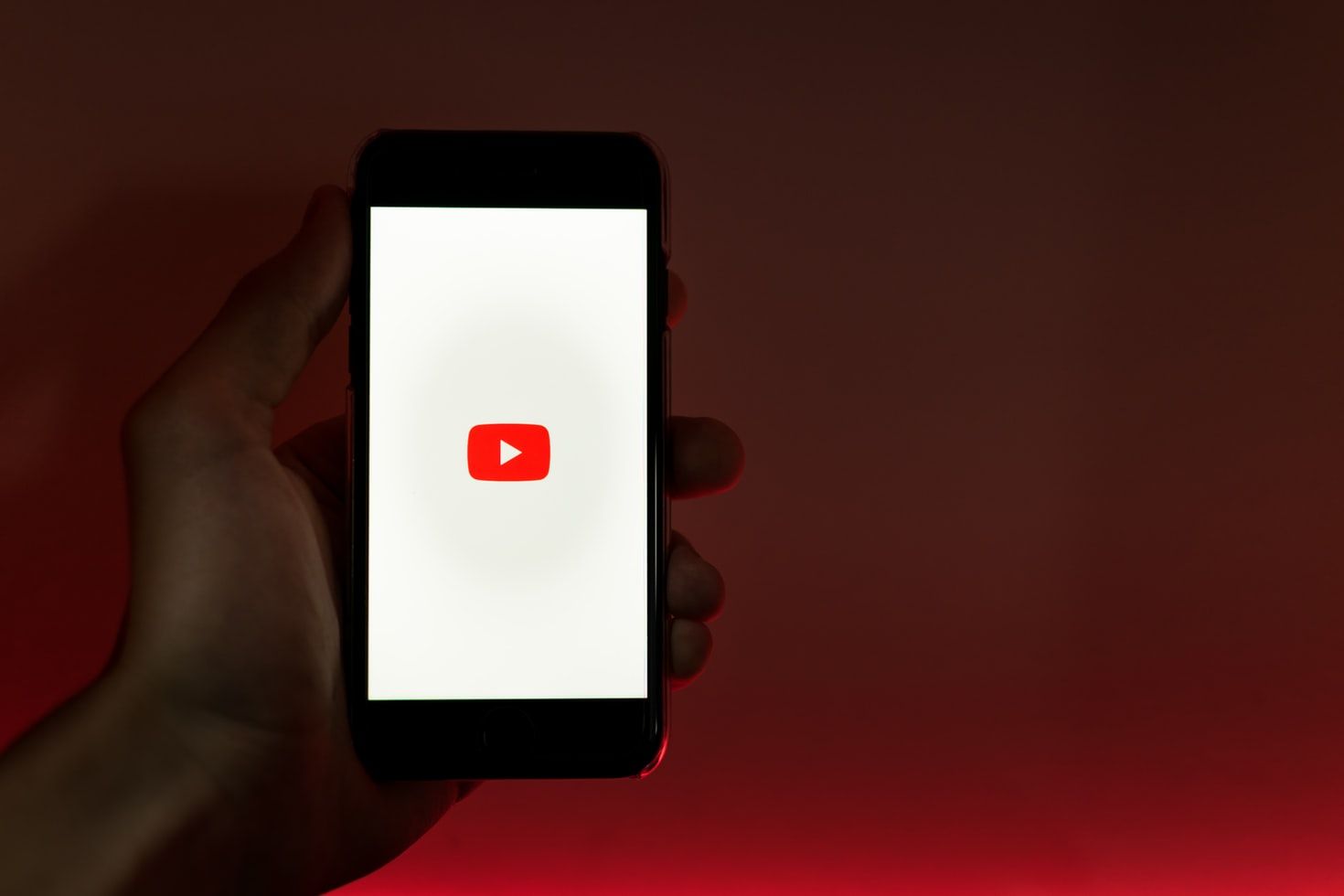So, how much do Youtubers earn?
For vloggers to earn money directly from Youtube, they must first have at least 1,000 subscribers and at least 4,000 watch hours in the previous year. Once they have reached that threshold, they are eligible to apply for Youtube's Partner Program, which allows them to monetise from their videos through subscription fees, ads, and channel memberships.
Edgar Dumali, a Youtuber from Koronadal, South Cotabato, Philippines, has revealed that his earnings from Youtube are pegged at somewhere between PHP765,000 and PHP12.25 million per month. Because of this large sum of money, he was able to buy his dream house. Another Youtuber named Jeremy Sancebuche (famously known as 'Mimiyuuuh') was able to purchase his dream home with a PHP14 million Youtube profit.
More from Tatler: World Photography Day 2021: 5 Of The Best Handheld Cameras
Taxes, Taxes
Filipino citizens who earn income online are required to pay tax. The tax rate can differ depending on the person's level of income and status. In a memorandum signed by Bureau of Internal Revenue (BIR) Commissioner Caesar Dulay, Youtubers and online content creators who failed to pay their taxes can face serious consequences.
"There are also reports that they are not registered with the BIR or are registered under different tax types or line of business but are also not declaring from social media platforms for tax purposes," the memorandum read.
"Whatever may be the reasons, it is now the most opportune time to discuss the tax obligations of these social media influencers," it added.
Furthermore, the memorandum cited Section 23 of the National Internal Revenue Code of 1997, which indicates that "citizens of the Philippines residing therein and domestic corporations shall be taxable on all income derived from sources within and without the Philippines".
Read also: Are You A Small Business Owner In The Philippines? Here Are A Few Things To Know
Be cautious of what you put "out there"
In 2019, several high-profile Youtubers have been targeted by cybercriminals. The security warning was issued by Caralin Cimpanu, a ZDNet reporter who spoke to a member of an internet forum with receipts of trading access to hijacked accounts.
The investigation done by Cimpanu showed that the cybercriminals were planning to have a "coordinated phishing campaign". Phishing, or sending fraudulent links and emails is one of the easiest procedures that hackers follow to garner data.
In phishing, scammers may send links that are masked in convincing phrases that legitimate companies or authorities use. For example, a suspicious email may say that the victim has won a specific amount of money from a contest. It may also lead the victim to believe that there are important files he or she needs to check by going to another website.
In a Tatler report last June, several online security experts have introduced ways to use the Internet safely:
- Do not use a password combination that’s easy to guess. A combination of numbers, letters and special characters are very good indicators of a strong password. Use a passphrase instead of a password; this is like a password but made up of words with spaces.
- Do not reuse a password. “Choose a unique password in every account that you have. This is to avoid your other accounts being compromised if one of your accounts is hacked,” says Samaniego.
- Do not use easy-to-guess reset questions. For example, if the password reset question is your mother’s maiden name, you can put a completely unrelated answer like “San Pablo City Laguna”.
- Do not trust Facebook ads that would ask for you to log in using your credentials. Facebook won’t ask for your username and password to check your age.
NOW READ
How To Safeguard Your Online Presence? Experts Weigh In On Phishing, Passwords, And More
5 Inspiring Interior Design Channels On YouTube
Shopping On YouTube Will Soon Be Possible


